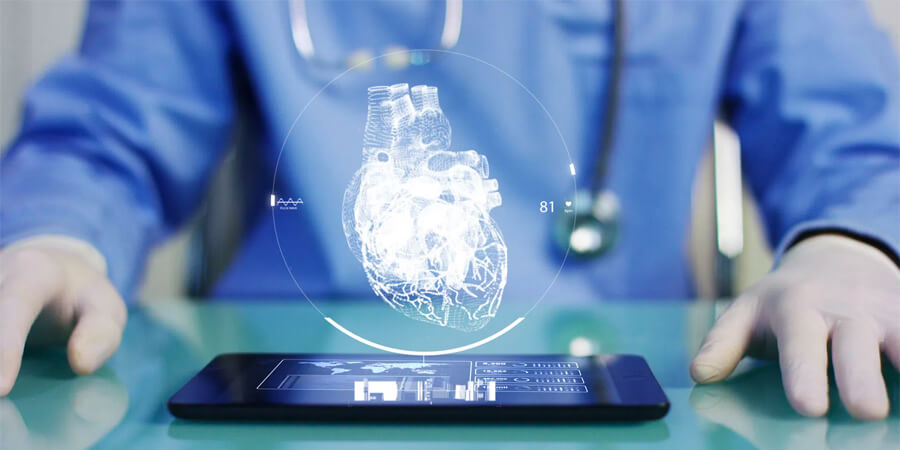A new United Nations initiative was unveiled at the AI for Good Global Summit, aiming to accelerate the adoption of artificial intelligence (AI) solutions in the field of health.
The Global Initiative on AI for Health is a collaborative effort led by three UN specialized agencies: the International Telecommunication Union (ITU); the World Health Organization (WHO); and the World Intellectual Property Organization (WIPO). Their joint mission is to maximize the potential of AI in supporting health diagnosis, treatment and the delivery of more efficient and inclusive healthcare services.
During the ITU-led summit, WHO Director-General Dr. Tedros Adhanom Ghebreyesus emphasized that AI is already playing a significant role in various aspects of healthcare, such as diagnosis, clinical care, drug development, disease surveillance, outbreak response and health systems management. He stressed the importance of ensuring universal access to AI innovations to prevent them from contributing to inequity in healthcare.
The Global Initiative on AI for Health builds upon the momentum generated by the ITU-WHO Focus Group on AI for Health, established in 2018. Over the past five years, this focus group has explored AI solutions in 24 medical domains, spanning neurology, radiology, dermatology and outbreak detection. It has also facilitated international collaboration through an open-code program for developing and evaluating innovative AI solutions for health. The group has addressed AI governance in healthcare, covering ethical considerations, regulatory aspects, data quality and the clinical evaluation of AI solutions.
The UN initiative recognizes the need for certification mechanisms to instill trust in AI-based health solutions. The focus group has devised a benchmarking framework for auditing and clinically evaluating new AI solutions. A Proof of Concept for the benchmarking platform demonstrates the types of metrics that can aid technology developers and health regulators in certifying AI solutions, akin to other medical equipment.
The collaboration between various UN agencies under the AI for Good platform aims to align AI, machine learning and robotics with the UN Sustainable Development Goals. As part of the new initiative, key objectives include developing governance frameworks, technical standards, open-code tools and guidelines to ensure AI contributes to universal health coverage. The initiative also seeks to foster cooperation in knowledge and data sharing, and establish collaborative funding mechanisms to extend AI solutions to underserved communities. A scaling program is planned to assist low- and middle-income countries in adopting AI solutions for health, starting with 12 to 18 countries.
The upcoming Conversation on AI and Intellectual Property hosted by WIPO in September aims to address AI's role in health and sustainable development. With the active participation of multiple stakeholders, the UN initiative aims to propel AI's impact on global healthcare for the benefit of everyone, everywhere.
ITU Secretary-General Doreen Bogdan-Martin emphasized the potential of AI for health and the importance of shaping appropriate governance frameworks to ensure that technology serves humanity's best interests.







